Speakers at AMF 2022 call on Arab media to embrace the opportunities brought by change
Governance of emerging technologies is vital in the media sector, say thought leaders
Media should work to regain credibility and trust by combating the spread of fake news
Content will always be the king regardless of its platform, say panelists at AMF sessions
Prominent media thought leaders and journalists called on Arab media to embrace the challenges that change is bringing at the 20th Arab Media Forum (AMF) taking place at the Madinat Jumeirah from 4-5 October.
Decision makers, writers, opinion-makers, renowned media personalities, and senior executives of leading Arab and international media organisations have converged on Dubai for the milestone 20th edition of the largest media event in the region.
Speakers at the event urged the media to integrate emerging advanced technologies while ensuring content maintains ethical standards and preserves national identities and cultural values.
Media establishments tend to resist change, but as time goes by, they discover the opportunities that change brings, said Pierre El Daher, CEO, Lebanese Broadcasting Corporation International (LBCI). Speaking at a session titled ‘A Glance into the Future of Media’, he said media outlets that don’t reinvent themselves will perish.
Panelists at the session also included Nart Bouran, CEO, International Media Investments; and Albert Shafik, Director of TV Media Sector, United Media Services.
Content will always be king regardless of its platform, according to the panelists. Bouran stressed that media establishments should “follow the money” to survive, adding that big tech companies account for 90% of revenues generated on social media. Albert Shafik said media will always face challenges in finding the right framework for content. Audiences today tend to prefer entertainment over news and consume content on smart phones.
Tony Khalifa, General Manager of Al Mashhad TV, spoke about integrating digital broadcasting with television to create compelling media experiences at a session titled ‘Blurred Lines: Traditional & Digital Media’. Khalifa discussed the experience of Al Mashhad TV, which broadcasts curated online content created by social media influencers along with television programming. He also talked about his early foray into digital broadcasting when he launched his online show ‘Critical Question’ on the Sawt Beirut International web portal. The show was later broadcast on LBCI TV channel. The success of the programme encouraged him to launch Al Mashhad TV. By blending digital content with traditional TV content, broadcasters maintain their appeal to today’s audiences while meeting ethical content guidelines.
A session titled ‘Social Trends and Media’ explored the impact of the rising popularity of social media platforms on the work of media professionals. Radwa El Sherbiny, CBC anchor, said that depending on its nature and purpose, “trending content” on social media can have a positive or negative influence. Conversations can enrich social media users or defame personalities and mislead the audience.
Highlighting the difference between content creators and media professionals, El Sherbiny said media professionals must abide by professional ethics and values. Content creators, on the other hand, do not follow a specific professional code of conduct. She noted that media professionals can become content creators but not vice versa, due to content creators’ lack of knowledge of professional guidelines.
During a session titled ‘Media and the Metaverse’, panellists, including Khalfan Belhoul, CEO of Dubai Future Foundation; Fares Akkad, Managing Director of META in MENA; Mina Al Oraibi, Editor in Chief of The National newspaper; and Hossam Saleh, CBO of Egypt’s United Media Services, discussed governance, finance, and the use of metaverse technologies in the media industry.
Belhoul said the human element is critical for development, and governance of the metaverse is of paramount importance in the media sector, especially considering the potential of misinformation posed by deepfake technologies. It is imperative to know who is overseeing content and transferring it to the metaverse, he said. He cited the example of TikTok videos of Tom Cruise “doing some surprisingly un-Tom-Cruise-like stuff”, which raises ethical issues.
Fares Akkad said the MENA region lags in developing metaverse technologies while it leads the rest of the world in deploying them. Hossam Saleh said companies with deep pockets will be able to integrate metaverse technologies into their services, a view shared by Mina Al Oraibi, who said the distribution channel for metaverse content depends on the financial strength of the company.
The rapid emergence of new technologies is shaping the way how audience are consuming media content, especially when it comes to entertainment, according to Ali Jaber, Director, MBC Group, who was talking at an AMF session titled ‘Impact of New Media on TV’.
He talked about how high-speed internet changed the way people access entertainment. Talking about the challenges being faced by new media companies, he cited the example of how Netflix, after establishing dominance in the streaming video services market, faced challenges in sustaining its subscription growth. This led the company to rethink its business model and introduce commercials to its service. Streaming services are trying to reinvent themselves, especially given budget limitations. No one knows the future of TV, as things change rapidly, he said. Entertainment will continue to be a key pursuit for human beings, he noted. Despite change, the quality of storytelling will continue to determine success, regardless of the platform.
Speaking about the “power of the word” in session titled ‘The Power of Storytelling’, Mustafa Agha, anchor and influencer, MBC, said influencers should not indiscriminately block followers as this indicates a failure to communicate effectively. However, he conceded that there are extreme situations in which followers need to be blocked.
Another panel discussion titled ‘The Future of Journalism’ shed light on the challenges facing traditional media and the opportunities the adoption of new technologies can bring. The session featuring columnist Amina Khairy; researcher and columnist Dr. Rasheed Al-Khayoun and columnist Nasser Al Dhaheri, discussed the declining popularity of traditional media and the importance of ensuring media content appeals to a wider audience base, including youth, who represent 50% of the Arab world’s population. Panelists called for developing a code of ethics that will ensure the audience is not exposed to harmful digital media content.
A session titled ‘The Future of Newsrooms’, featured a discussion between Dr. Nabeel Al-Khatib, General Manager Asharq News and Raya Rammal, anchor at Dubai Media Incorporated. Dr. Al-Khatib said the rapid changes in the media industry are testing the resilience of media outlets. Newsrooms have been transformed into places content is produced in multiple forms and for multiple platforms. The session highlighted how digital platforms have enabled TV channels to tailor their content for various target audiences.
The Arab Media Forum also discussed broader issues impacting media like balanced freedom of expression and ways to gain audience trust. Speaking at a session titled ‘Nationalism and the Freedom of Expression’, Kuwaiti anchor and TV personality Mohammed Al Mulla said freedom of expression is an indicator of development. However, he said this freedom should not be exercised at the cost of damaging a country’s reputation and undermining its achievements. Media outlets should work to regain credibility and trust by combating the spread of fake news, he stressed.
AMF 2022 also hosted a panel discussion titled ‘New Pathways for Arab Media’, featuring Rami Al-Qawasmi, CEO of Mawdoo3.com; Abdulsalam Haykal, Executive Chairman of Majarra; and Abdur-Rahman El-Sayed, CEO of Nabd. The session explored the vital role that start-up platforms can play in enhancing the quality of content.
The Forum also discussed issues facing Egypt’s media in a session titled ‘Egyptian Media: Future Trends’, which showcased the country’s experience as a pioneer in the Arab world’s news media sector. Panelists in the session included Ahmed El Moslemany, President of the Cairo Center for Strategic Studies; Abdel Latif El Menawy, Editor-in-Chief of Al Masry Al Youm newspaper; and Emad Al Din Hussein, Editor-in-Chief of Al Shorouk newspaper.
Launched 20 years ago, AMF is one of the major events in Dubai Press Club’s annual calendar of events. The Arab world’s largest media gathering, AMF has emerged as the most comprehensive platform for knowledge exchange in the Arab media community. The annual platform, which attracts thousands of prominent thought leaders, has steadily evolved in scope and reach to encompass a broad international outlook.
For more pictures and press releases, visit AMF's digital press kit: https://bit.ly/3M1ledy



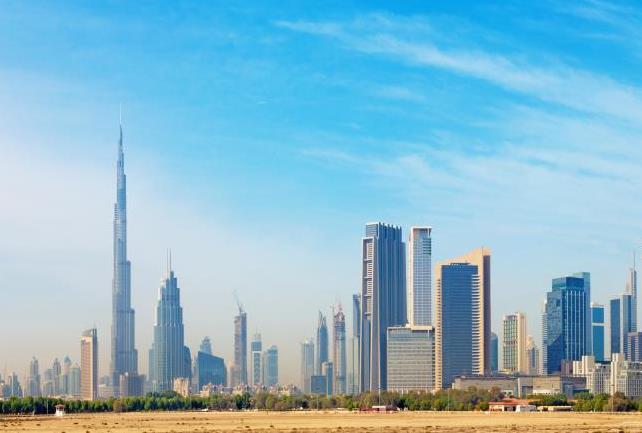
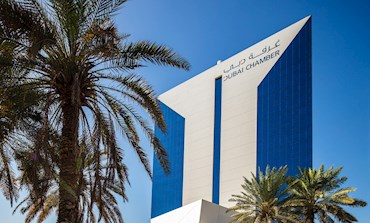
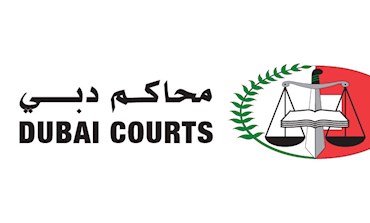
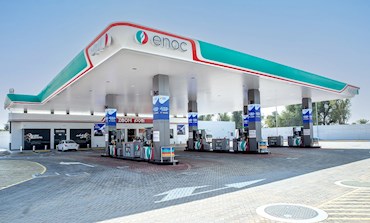

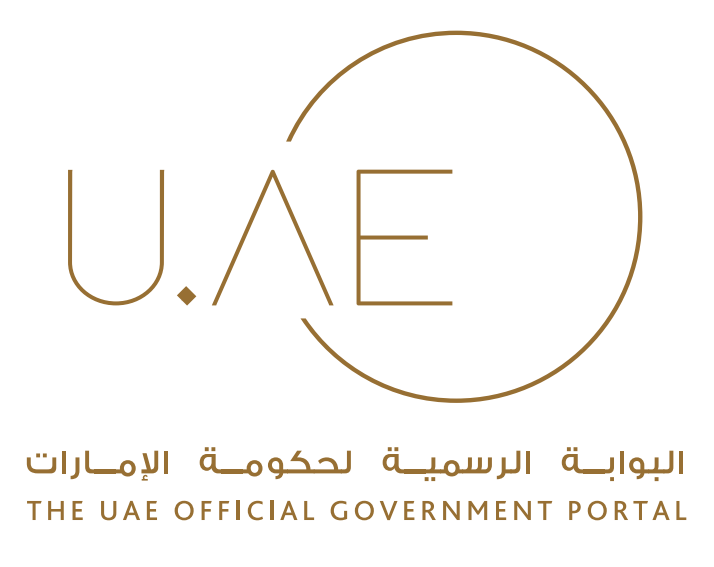
 For an optimal experience please
For an optimal experience please